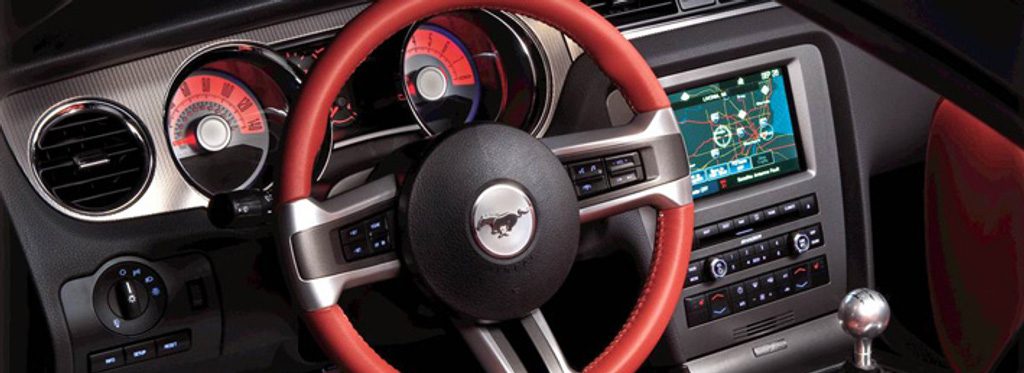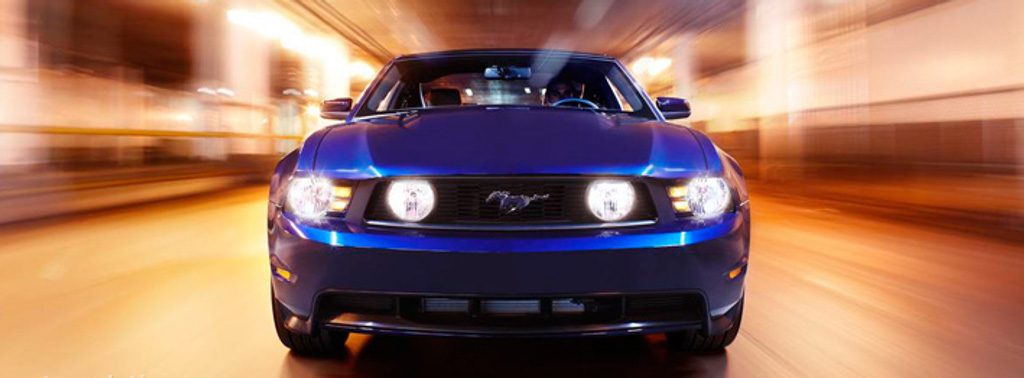The Takata airbag crisis, a persistent and deadly threat lurking within millions of vehicles, continues to plague the automotive industry. Decades after the initial defects were identified, the full extent of this global recall remains a challenge. Despite numerous recalls and warnings, a staggering number of drivers have yet to address the life-threatening issue of their potentially explosive airbags.
This complacency has dire consequences, as evidenced by the tragic loss of at least 27 American lives due to these faulty components. Ford and Mazda have taken the extraordinary step of issuing “do not drive” advisories for hundreds of thousands of vehicles in the U.S. alone.

This drastic measure underscores the critical urgency of this situation. The risk of airbag explosion, a consequence of the Takata airbag’s deteriorating condition over time, has reached a crisis point. Automakers are now grappling with the reality that a significant portion of the public remains oblivious to the danger posed by these defective airbags.
Ford has issued a severe “do not drive” warning impacting over 765,000 Ford and Lincoln vehicles, with nearly half a million of these posing a direct risk to American drivers. This urgent mandate is a response to ongoing safety concerns linked to a series of recalls originating in 2015.
Models spanning from the 2004 Ranger to the iconic 2014 Mustang are included in this sweeping safety measure. Despite aggressive outreach efforts involving mail, email, phone calls, and even in-person visits, a substantial number of vehicle owners remain uncontactable. This is the second time Ford has been forced to take such drastic action, underscoring the critical nature of the issue.
To alleviate the burden on affected owners, Ford has committed to providing free loaner vehicles while necessary repairs are completed. Mazda has joined Ford in issuing a critical “do not drive” warning to owners of over 83,000 vehicles in the U.S. Despite multiple recall attempts targeting these vehicles, the automaker has been unable to contact a significant portion of its customer base.

This alarming situation underscores a broader industry challenge in reaching vehicle owners with crucial safety information. The affected Mazda models, spanning from 2003 to 2015, include popular choices like the B-series, Mazda6, Mazdaspeed6, RX8, CX-7, CX-9, and MPV. While Mazda assures customers that necessary repairs and assistance are available, including towing and loaner vehicles, the primary hurdle remains in locating those at risk.
This incident highlights the urgent need for more effective methods to connect with vehicle owners, especially in the face of safety-critical recalls. As Mazda intensifies its outreach efforts, it’s clear that the automotive industry as a whole must reevaluate its strategies for ensuring public safety.

